By Oduntan Ajibola
I shall begin this discourse with the excerpt from the keynote address of Kofi Annan at the Civil Society Conference on Nigeria’s 2015 Elections. “Unfortunately, many elections that have been organized these past two decades have given democracy a bad name. Flawed elections have eroded the trust of citizens in the democratic process. What the experience of the last 20 years teaches us is that elections are not enough if they are not conducted with integrity and able to reflect the real will of the people.”
Though the June 12, 1993 elections is adjudged the freest and fairest election in the history of Nigeria’s democratic experience but I have always disagree with this assertion. The reason is this; elections are not just what transpire on the voting day alone, it is beyond that to also include the events and happenings before the voting, so as the events after the casting of ballots, leading to counting of ballots and declaration of the results. The June 12, 1993 elections is one of those elections that has attracted massive social protest in Nigeria because the election did not complete generally acceptable electoral cycle.
An election is the result of a complex process requiring the participation of a multitude of players. There are winners and losers in every election. The stakes are high, and there is always a great urge by politicians and their political parties to ensure victory through ethically questionable means. Election results can be rigged or disrupted to predetermine who would win or lose, casting doubt on the integrity of the process. The June 12, 1993 presidential election in Nigeria was not an exception to this fact.
According to the online Wikipedia, Electoral integrity refers to international standards and global norms governing the appropriate conduct of elections. These standards apply universally to all countries throughout the electoral cycle, including during the pre-electoral period, the campaign, on polling day, and in its aftermath. Electoral integrity allows for peaceful resolution of conflict, open dialogue, debate, and information sharing amongst leaders, Civil Society Organisations, election observers and the general public.
The 1993 presidential elections held under the supervision of Humphrey Nwosu’s National Electoral Commission (NEC) produced an outcome that saw the introduction of Annulment into the electoral diction of Nigeria and culminating to setting up of an Interim National Government headed by Chief Ernest Shonekan. Even though the voting process was credibly transparent, the events leading to the election day was not.
The most regrettable of those events was the unfortunate court judgement that intended to bar National Electoral Commission (NEC) under the chairmanship of Prof. Humphrey Nwosu, in going ahead with the conduct of the elections, this alone resulted in the fact was that Basorun MKO Abiola who won the election was never declared as the president of Nigeria as the then military ruler brought the term “annulment” into our political lexicon. More so, the aftermath of the election that was adjudged to be the freest in the electoral history of the country did not attest to the fact that it was actually free and fair as the will of the Nigerian people was truncated by the Armed Forces well orchestrated and midwifed by Ibrahim Badamosi Babangida.
However, the then military Head of State gave reasons for his decision to annul the elections in his address to the nation. “……In my address to the nation in October 1992, when the first presidential primaries were cancelled, I had cause to remind our country men and women that there is nowhere in the world in which the practice of democracy is the same, even if the principles are similar and even for countries sharing the same intellectual tradition and cultural foundation.
The history of our country is not the history of any other country in the world which is either practising advanced democracy or struggling to lay the foundation for democracy. Yet, in spite of the uniqueness and peculiarities of Nigeria, there are certain prerequisites which constitute an irreducible minimum for democracy.
Such essential factors include: A). Free and fair elections; B). Un-coerced expression of voters’ preference in election; C). Respect for electorate as unfettered final arbiter on elections; D). Decorum and fairness on the part of the electoral umpires; E). Absolute respect for the rule of law. Fellow Nigerians, you would recall that it was precisely because the presidential primaries of last year did not meet the basic requirements of free and fair election that the Armed Forces Ruling Council had good reason to cancel those primaries.
The recently annulled presidential election was similarly afflicted by these problems. Even before the presidential election, and indeed at the party conventions, we had full knowledge of the bad signals pertaining to the enormous breach of the rules and regulations of democratic elections. But because we were determined to keep faith with the deadline of 27th August, 1993 for the return to civil rule, we overlooked the reported breaches……”
As unpopular as this alibi for the annulment was, it doesn’t take away the reality of alluding to the fact that the 1993 Presidential elections was not as close to freeness and fairness, giving all the essential democratic factors needed for an election to pass integrity test.
Conclusively however, since the aborted third republic, how much have we learnt and how better have we organized our elections? Six electoral cycles gone, yet the concept of free and fair election is more of a rhetoric.
The various stakeholders are yet to be attuned to irreducible gauge for democracy. Now that June 12 symbolizes our democracy, all political stakeholders must up their game ethically and within the legal framework of our elections in order to ensure that we have a free, fair, and credible election that would pass any integrity barometer and to have a paradigm shift away from the rhetorics.
Oduntan Ajibola writes from Abeokuta, Ogun State.
Email: jibolayemi@yahoo.com

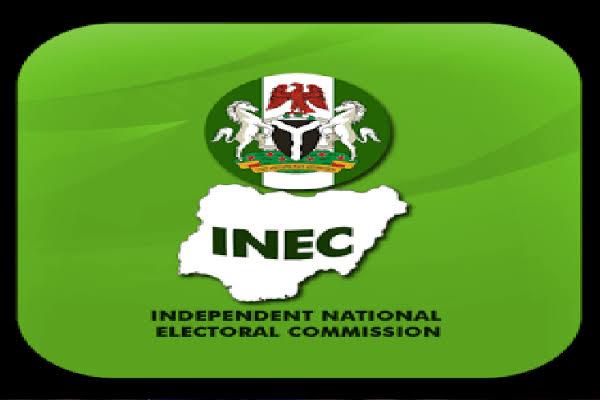

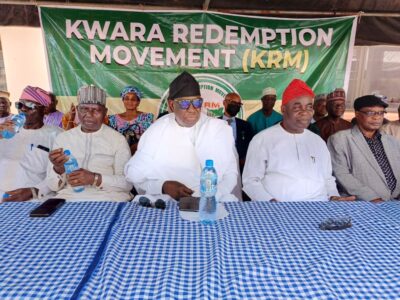
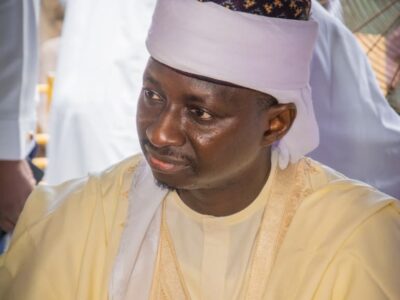
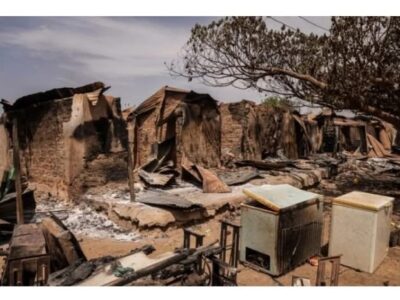
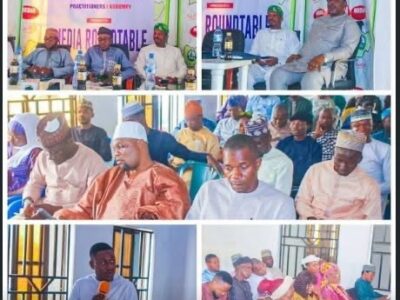
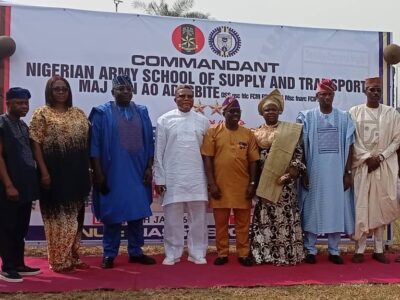


Comments